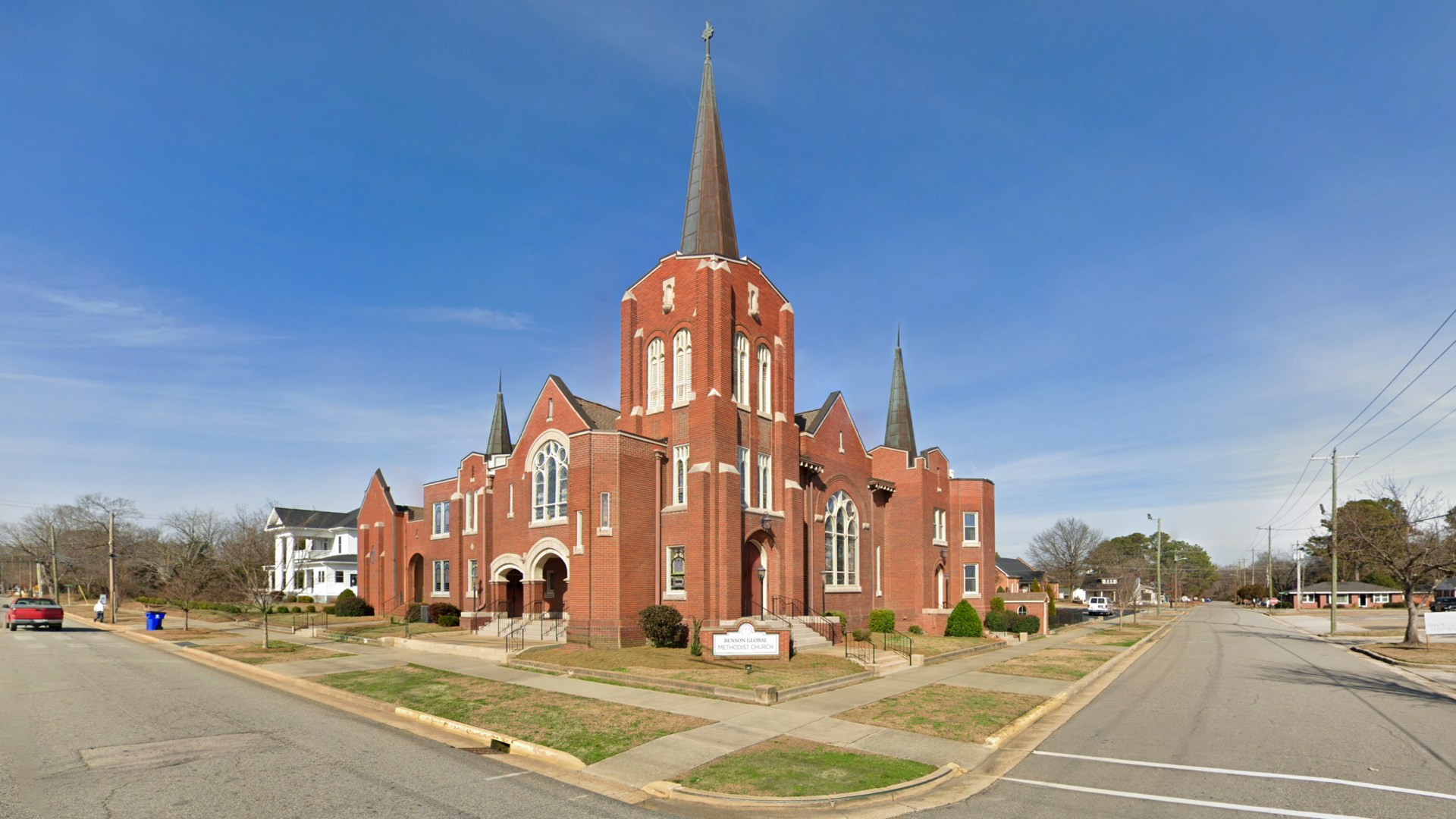Religious historians have often divided American Protestantism into two neat camps: mainline and evangelical.
Mainliners are seen as more liberal, more ecumenical, and more concerned with ministerial education. They belong to the National Council of Churches, their pastors read The Christian Century, and they’re often very invested in denominational institutions. Evangelicals, on the other hand, like revivals and conversion experiences. They like Billy Graham. They are theologically conservative but also entrepreneurial, starting new organizations and innovating with a focus on outreach. They belong to the National Association of Evangelicals and read Christianity Today.
But new traditionalist denominations—formed through splits from mainline churches including the Episcopal Church USA, the Reformed Church in America, and now the United Methodist Church—may challenge the simple sorting method. Are the Methodists who have left the UMC evangelical?
Wouldn’t Use that Word
Keith Boyette, transitional head of the Global Methodist Church:
I don’t think you will find anywhere on our website that we use the word evangelical. And that’s largely because of how beat-up the term has become. I’ve ended up saying we’re theologically conservative.
Caroline Franks, pastor of Mt. Vernon Church, Trinity, North Carolina:
I think evangelical has been overused and people don’t know the definition. I don’t know what other denominations mean when they use that word. We’re reclaiming Christ as supreme Lord over all.
Maybe, but it’s complicated
Ryan Danker, director of the John Wesley Institute:
They are classically evangelical in terms of theology but not by social position. For the Global Methodist Church, these people have all been mainliners for the last 60 years. Is there a shift in their identity as Christians in this country, where they were mainliners and now they’re not? I think that’s a question.
Dale M. Coulter, professor of historical theology, Pentecostal Theological Seminary:
Historically yes, because they claim the 19th-century holiness heritage. As a contemporary moniker, it’s a real debate, with some preferring “traditionalist” or “historic Christianity” or “orthodox,” as in early creeds and Wesleyan standards.
Of course they are evangelical
Jeff Patterson, pastor of Wesley Memorial Methodist Church, High Point, North Carolina:
Absolutely. We proudly claim that evangelical Wesleyan heritage.
Elesha Coffman, historian and author of Turning Points in American Church History:
I think that the new denomination is best described as evangelical, based on its self-identification as conservative and its nonmembership (as far as I can tell) in the National Council of Churches. The impulse to split rather than merge or stay is also historically evangelical.












